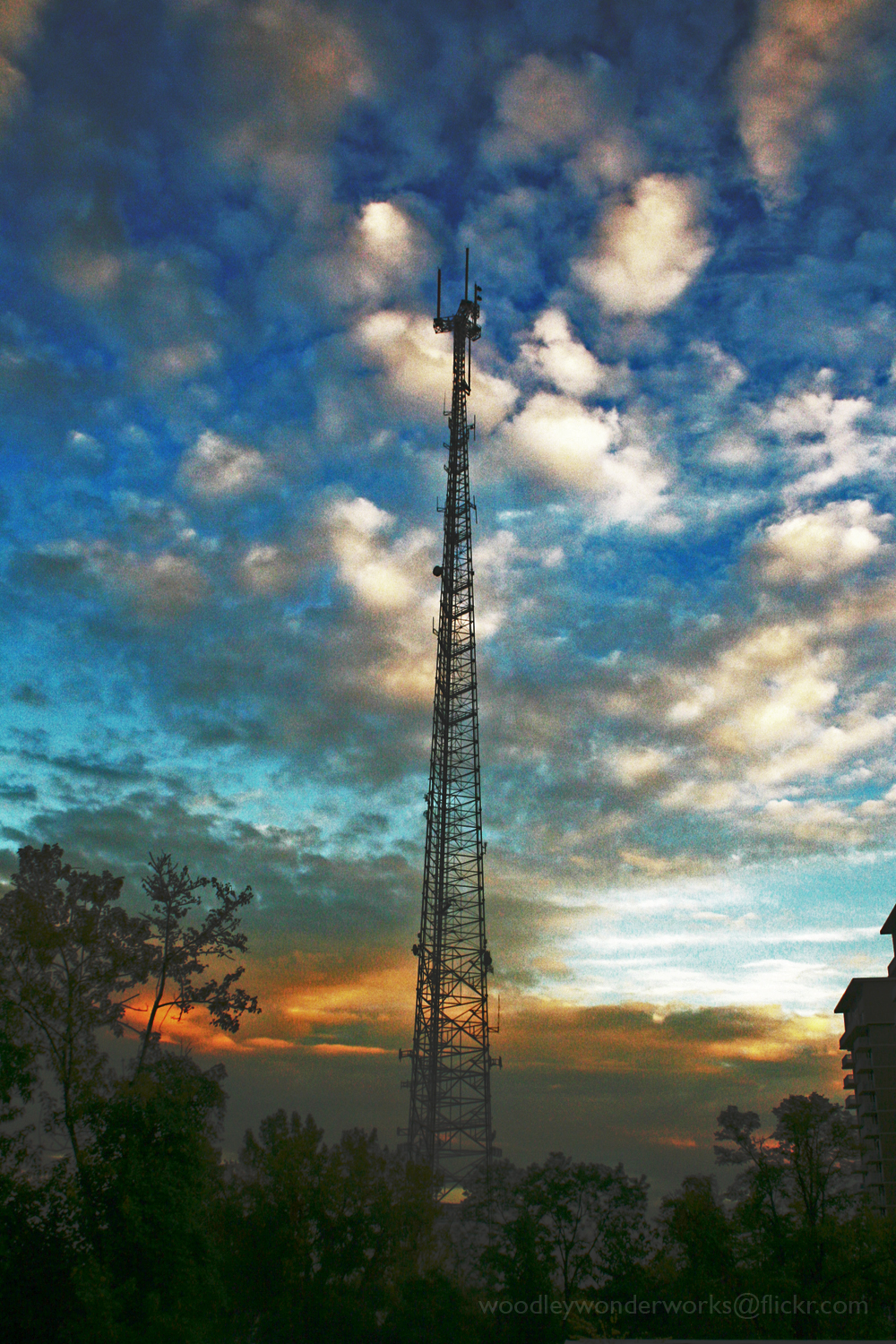
 Every thirty months the amount of information that can be transmitted over a wireless internet connection has the potential to double. Wireless could be the way to provide affordable broadband to millions of people currently living with poor connectivity. However the policy and regulation related to spectrum is often inefficient, secretive and ill-informed.
Every thirty months the amount of information that can be transmitted over a wireless internet connection has the potential to double. Wireless could be the way to provide affordable broadband to millions of people currently living with poor connectivity. However the policy and regulation related to spectrum is often inefficient, secretive and ill-informed.
APC’s “open spectrum” initiative aims to provide an understanding of spectrum regulation by examining the situation in Africa, Asia and Latin America. It looks at how spectrum is assigned, who assigns it, and what policy or regulatory frameworks are being used. It also looks at the spectra of spectrum scarcity.
The research is timely as the rapid growth of wireless and mobile in Asia, Africa and Latin America is raising fresh questions about the use of spectrum and the policies that govern it. And migration from analogue to digital (eg TV) systems has renewed governments’ interest in auctioning off spectrum as a revenue-generator.
The countries initially involved in the investigation are Brazil, India, Kenya, Nigeria and South Africa. On a second phase, Argentina, Colombia, Ecuador, Peru and Venezuela.
The research:
- raises awareness of what’s at stake in the regulation of the frequency spectrum
- is useful for advocates looking at new and different approaches to spectrum regulation
- looks at new models of spectrum allocation
- examines arguments that proclaim the scarcity of spectrum and
- contributes to the development of a Citizen’s Guide to the Airwaves.
Read the full length policy brief on open spectrum for development by Evan Light and an issue paper on spectrum for development by Steve Song.
Reports by the participating countries are available online:
- Brazil
- India
- Kenya
- Nigeria
- South Africa
- Argentina [in Spanish]
- Colombia [in Spanish]
- Ecuador [in Spanish]
- Perú [in Spanish]
- Venezuela [in Spanish]
Synthesis of the national reports from Argentina, Colombia, Ecuador, Peru and Venezuela, and the preliminary versions of the reports [in Spanish]:
The need to build alliances in Ecuador for better spectrum use and regulation
Finding a balance in spectrum regulation in Venezuela
Spectrum regulation in Argentina: The need to move from broadcasting to access
A key moment for getting spectrum in the public agenda in Peru
Spectrum in Colombia: Towards a participative model
You can also find the national reports’ synthesis written by Carlos Afonso: Spectrum use in Latin America: Summary report of the case studies of Argentina, Brazil, Colombia, Ecuador, Peru and Venezuela
Short articles that synthesise policy gaps and the potential for growth in the sector:
- APC starts research into spectrum regulation in Brazil, India, Kenya, Morocco, Nigeria and South Africa
- Moving with the times: Opening sepctrum so we can all communicate
- India’s untapped potential: Are a billion people losing out because of spectrum?
- Opening up spectrum can prevent Kenya from running out
- More spectrum could make licensing a more transparent process in Nigeria
- South Africa: Untapped TV spectrum can make internet more affordable
- Brazil: high speed connections reach excluded populations over the air
Photo: WoodleyWonderWorks via Flickr